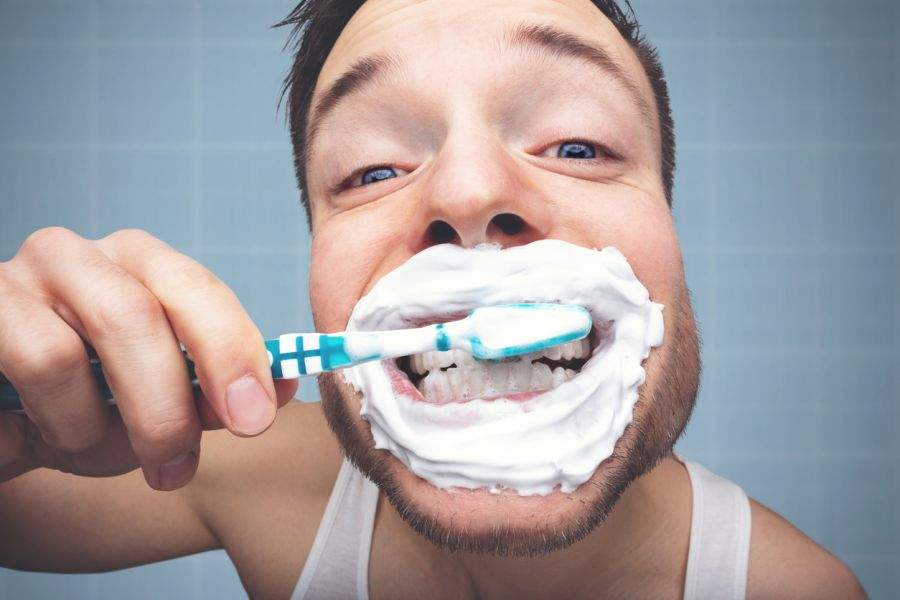Blogs

Fact or Myth:
Mouthwash can replace brushing and flossing.
Answer: Myth
Fact: Mouthwash is not a substitute for brushing and flossing your teeth. While it can freshen breath and kill bacteria, it does not remove plaque and food particles that can be effectively removed by brushing and flossing. Educate your audience on the importance of integrating brushing, flossing, and mouthwash into their daily oral hygiene routine.

Fact or Myth:
If your teeth are not hurting, there is no need to see a dentist.
Answer: Myth
Fact: Dental problems, such as cavities and gum diseases, may not always cause pain or discomfort in the early stages. Regular dental check-ups are necessary to detect and treat any oral health-related issues early on before they worsen. Encourage your audience to prioritize preventive care and schedule regular dental visits.

Fact or Myth:
Primary (baby) teeth in children are not important because they will fall out.
Answer: Myth
Fact: Primary teeth, also known as baby teeth, deciduous teeth, or milk teeth, refer to the set of teeth that children grow during their early years. These teeth start to emerge around six months of age and gradually get replaced by permanent teeth starting at around six years old. Primary teeth serve several important functions, including aiding in speech development, facilitating proper chewing and digestion, and acting as placeholders for permanent teeth.

Fact or Myth:
Brushing your teeth with greater force and for a longer duration is best for your teeth.
Answer: Myth
Fact: brushing your teeth with greater force or for a longer duration can potentially harm your teeth and gums. Using excessive force or using a toothbrush with hard bristles can lead to enamel erosion, gum recession, and tooth sensitivity. Encourage your audience to use a toothbrush with soft bristles and to brush their teeth gently for two minutes, twice a day.

Fact or Myth:
White teeth are healthier!
Answer: Myth
Fact: We may believe that white teeth look better, but teeth are not naturally meant to be perfectly white. Keeping teeth as white as possible can be achieved by regularly brushing them with fluoride toothpaste and flossing. It can also be helpful to avoid foods and drinks that stain the teeth, such as tea, coffee, and red wine, in order to maintain teeth whiteness.

Fact or Myth:
"Sugar and sweets are the sole cause of tooth decay!"
Answer: Myth
Fact: While sugar is a contributing factor to tooth decay, it is not the sole cause. Cavities result from a combination of factors, including bacteria in the mouth, poor oral hygiene, frequent snacking, and other dietary factors.